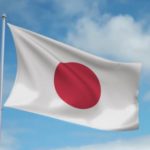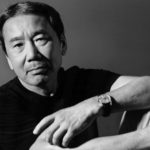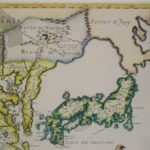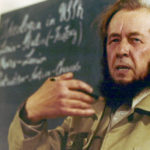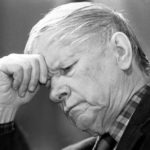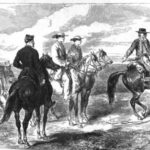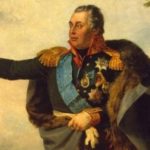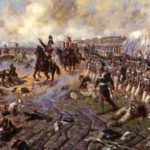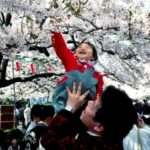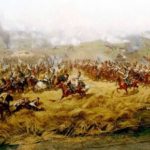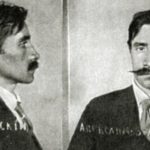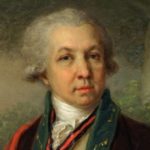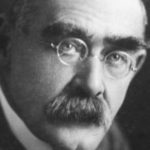Interesting facts about Hiro Onoda
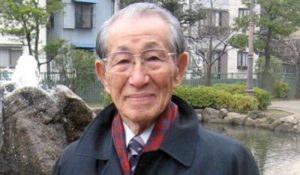 Japanese intelligence officer Hiro Onoda is one of the last soldiers of the imperial army of Japan who surrendered many years after the end of the Second World War. Like many other Japanese soldiers, he did not believe in the end of hostilities, and continued his guerrilla activities for three decades, hiding in the jungle of the Philippine island of Lubang.
Japanese intelligence officer Hiro Onoda is one of the last soldiers of the imperial army of Japan who surrendered many years after the end of the Second World War. Like many other Japanese soldiers, he did not believe in the end of hostilities, and continued his guerrilla activities for three decades, hiding in the jungle of the Philippine island of Lubang.
The parents of the future intelligence officer were teachers.
The main hobby of Hiro Onoda in his youth was fencing.
At the time of the beginning of his odyssey in the jungle, he was promoted to junior lieutenant.
Leaving Onoda and his subordinates on the island, his immediate commander ordered him to hold on, promising to return in 3-5 years. True, he did not manage to keep his word, because, due to the lack of communication with the Onoda group, she was declared dead.
The fact that the Japanese group is still alive, and continues to resist, became known only in 1950, when one of the three subordinates of Hiro Onoda could not stand the similar life and gave up to the Philippine authorities. Searches did not produce results, and the group was repeatedly recognized dead.
Leaflets containing information about Japan’s surrender and the end of the war fell into the hands of Hiro Onoda as early as 1945, but he did not believe them, considering enemy propaganda.
In 1954, the search for his group began again, after one of Onoda’s subordinates was shot during a clash with Filipino police officers.
Living in the jungle, Hiro Onoda led a nomadic life, not staying for a long time in one place and regularly attacking military targets. During one of these attacks, he seized a radio receiver, which subsequently reconfigured and gained access to information about the world around it. True, he still refused to believe in the defeat of Japan.
The last ally of the scout died in 1972 – he was shot dead by Filipino police when he tried to requisition rice from local peasants.
In 1974, a Japanese student who had traveled to the Philippines accidentally came across Onoda. He did not succeed in rejecting the old soldier to return home — he flatly refused, saying that he had not received an order to lay down his arms.
After the publication of the information that Hiro Onoda was still alive, and continues to fight, the Japanese government urgently found his former commander, who at that time was working in a bookstore. He was sent to Lubang, where he ordered the scout to lay down their arms.
Leaving the jungle after 30 years of partisan activity, Hiro Onoda was wearing the uniform he received 30 years ago, and he had a rifle issued to him at the same time, cartridges for her, grenades and a samurai sword.
After returning home, the scout was harassed by many media outlets, and as a result he chose to leave Japan and move to Brazil, where the large Japanese diaspora lives.
Hiro Onoda was granted an audience with the emperor, but he refused it, saying that he “did not do anything worthy to deserve such an honor.”
In the course of his attacks on military bases and patrols in the Philippines, Onoda killed 30 people and wounded more than a hundred. He escaped the death penalty under the Philippine laws through the intervention of the Japanese government.
